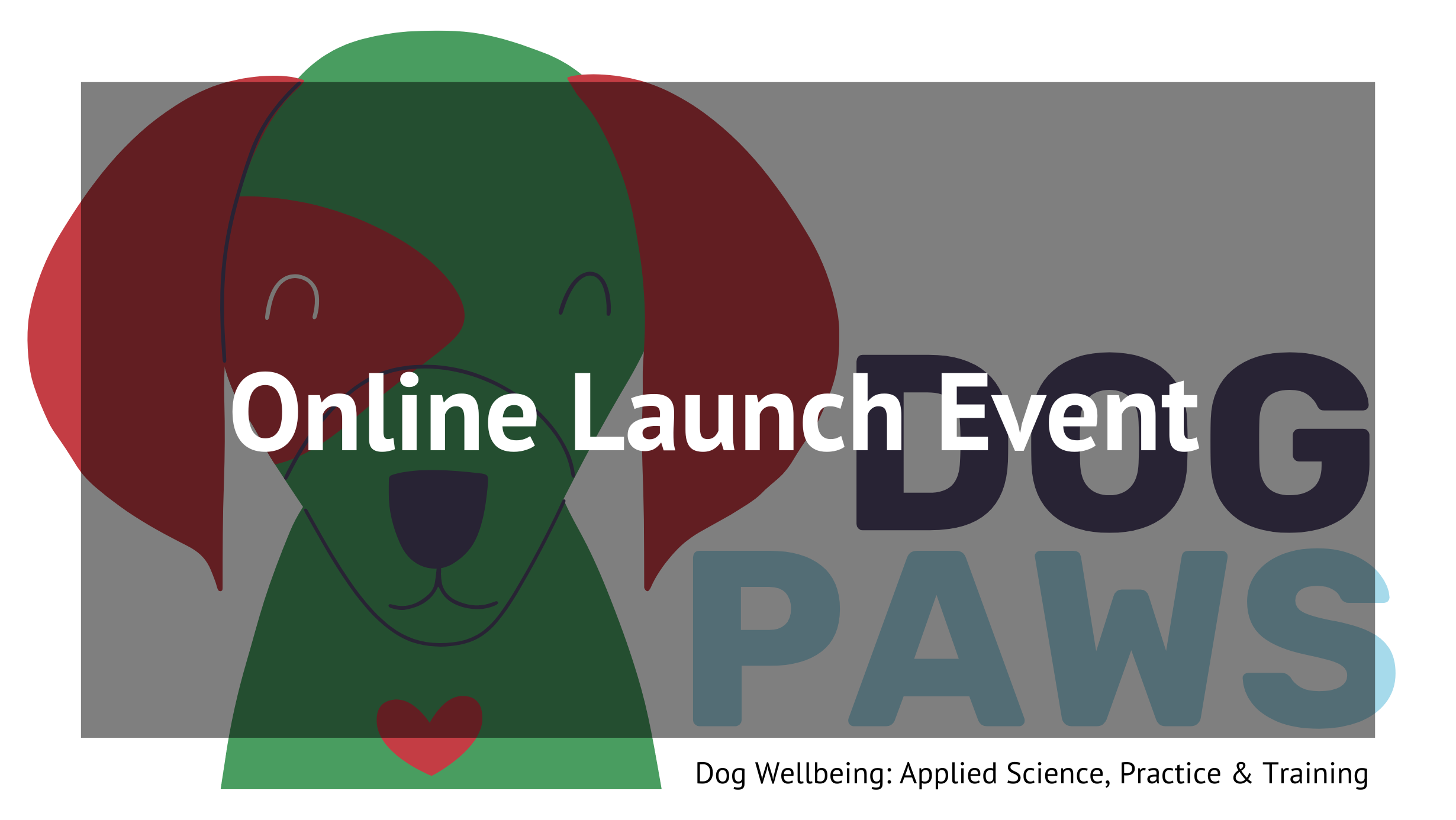Launching soon! DogPAWS
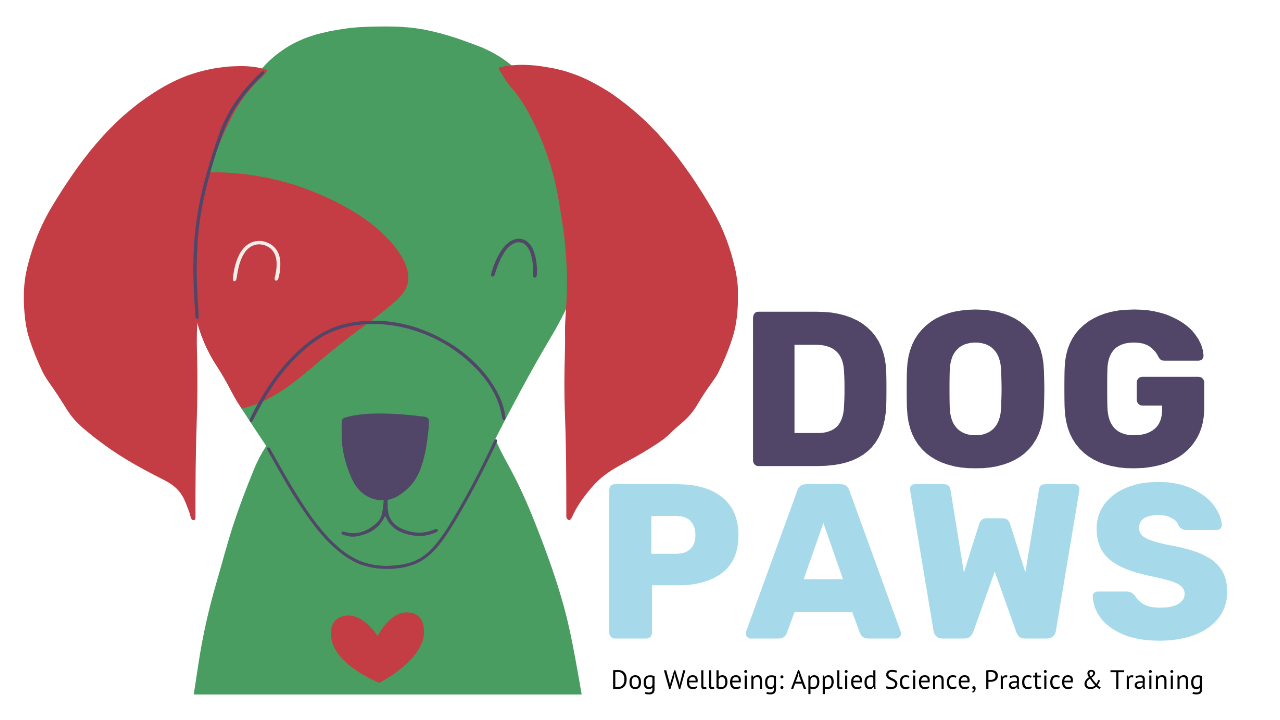
Supporting excellence in dog care and wellbeing is the purpose of “DogPAWS - Dog Wellbeing: Applied Science, Practice and Training”. DogPAWS is a novel online platform that provides everyone with access to continuous science-based learning, sharing opportunities, and resources needed to support optimal dog wellbeing. This platform is an international collaboration between Sabrina Brando and the team at AnimalConcepts, Dr Annika Bremhorst, and Dr Sabrina Karl. More on the founders soon!
To this end, the DogPAWS platform will provide relevant knowledge in various formats such as webinars, reading material, journal clubs, courses, hands-on challenges, and more by invited thought leaders, experts, practitioners, and scientists from various fields related to dog and animal welfare, behaviour, cognition, medicine, ethics, training, and law. DogPAWS is a standalone platform in line with the philosophy and practice of everything and everyone being interconnected.
DogPAWS kicks off with a m...
Welcome to planetary wellbeing video & Science into Practice #130 Choice-based enclosure design
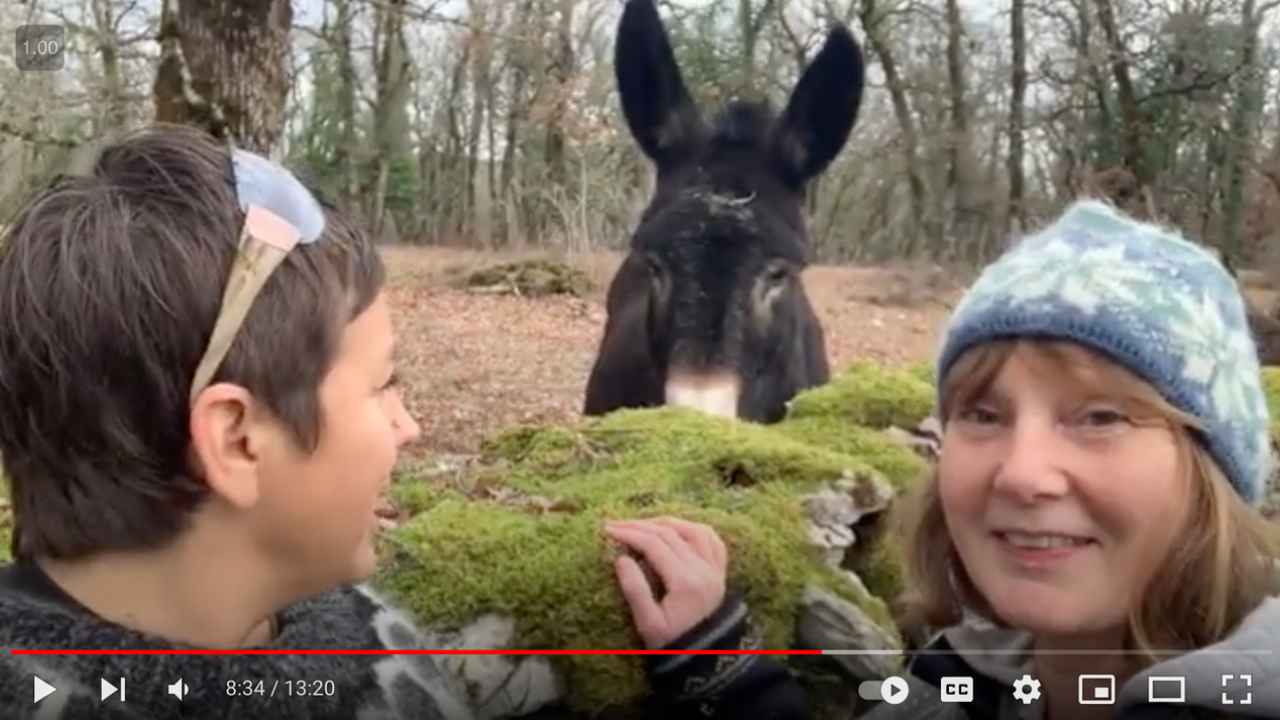
Watch the welcome message from Irma Verhoeven and Sabrina Brando on planetary wellbeing. It was filmed earlier this month in the Dordogne in France, inspired by stars, the forest, all kinds of neighbours and mosses! Another year has started to learn, share, and discuss how to create a global movement towards a more just, sustainable and peaceful world for everyone.
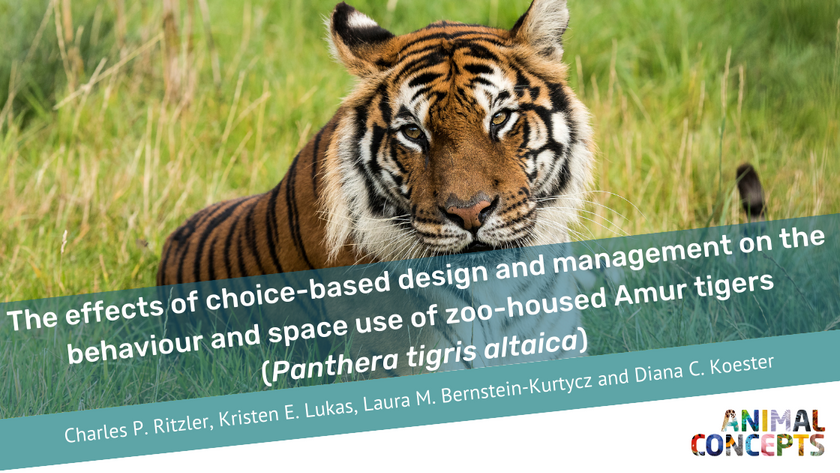
Another Science into Practice is available on the PAWS platform!
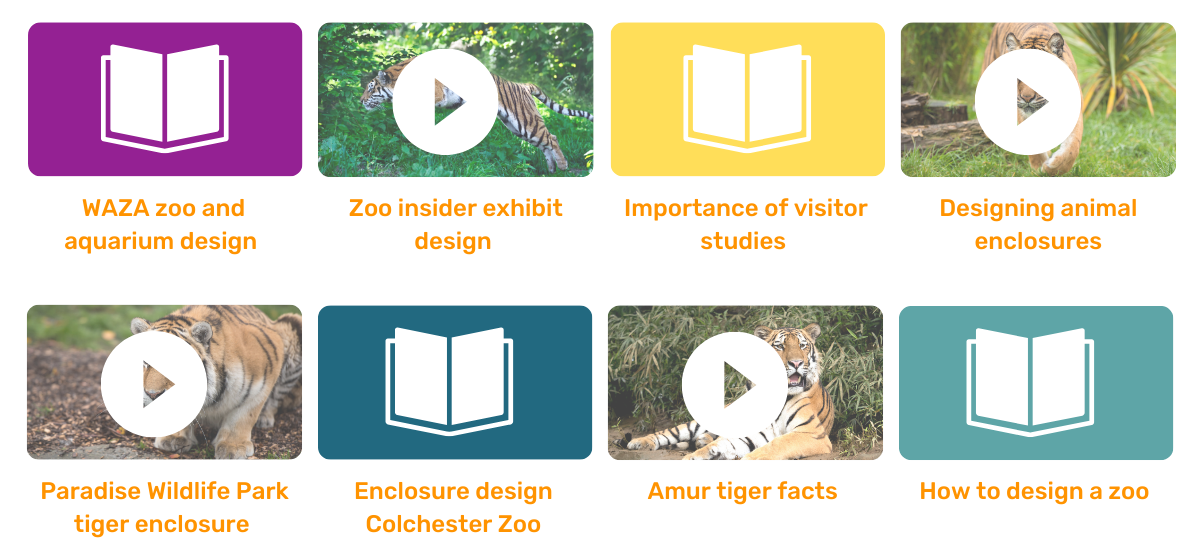
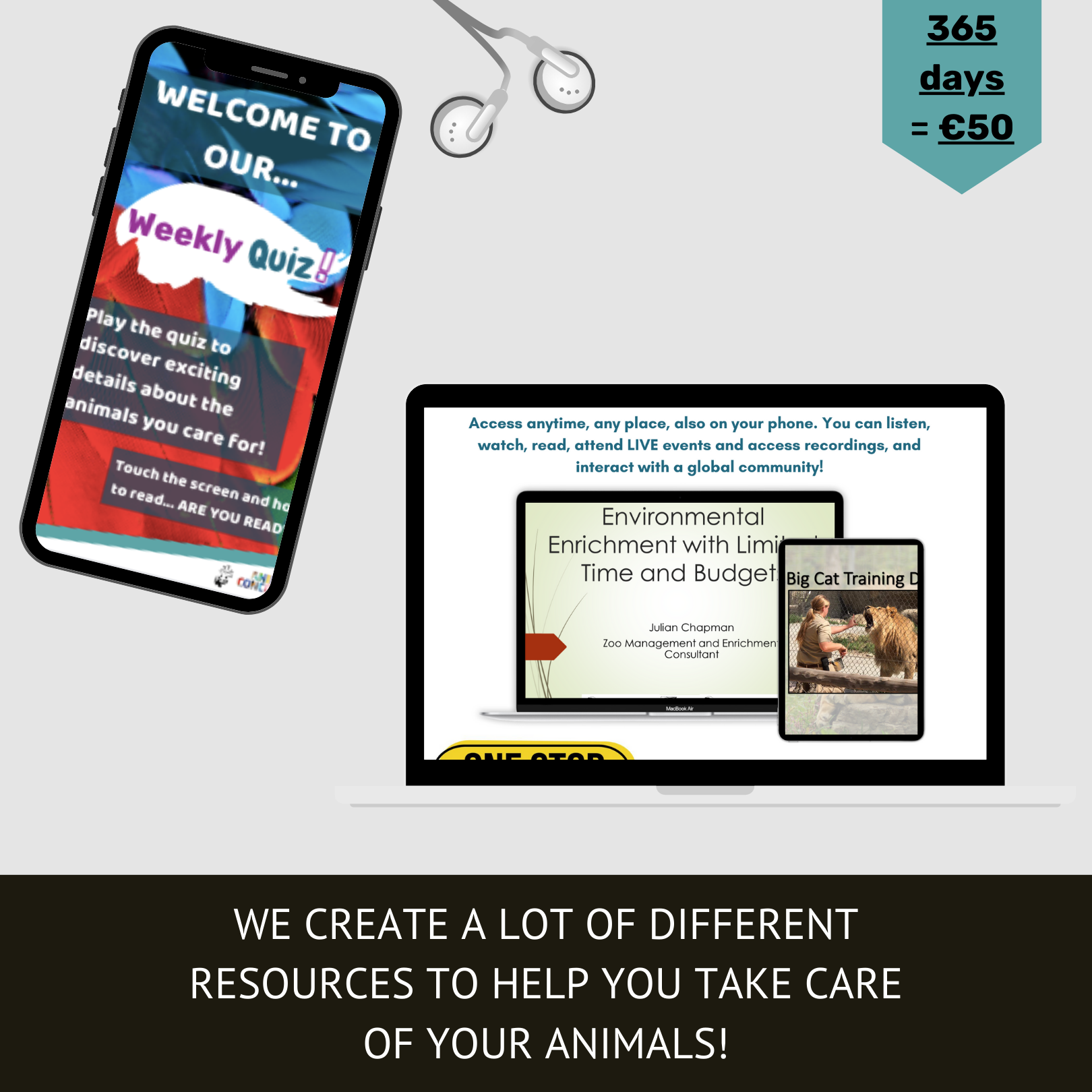 Want to learn more? Sign up HERE
Want to learn more? Sign up HERE
All interconnected & Science into Practice #129 Music for monkeys

All interconnected
In 2023 at AnimalConcepts we are going to be connecting even more between human, animal, and planetary wellbeing, as well as continuing the highlights of actions, visions, and approaches through the Hummingbird Stories. We are launching some new types of resources and platforms, the team continues to develop new content as well as respond to requests while serving our global community. Do you want to learn and share together with us? You are welcome to join us for resources, links, videos, and updates in our public Facebook group HERE You can also join all resources on our interconnected platforms by clicking below ⬇️

Another Science into Practice is available on the PAWS platform!
 Want to learn more? Sign up HERE
Want to learn more? Sign up HERE
GOODBYE 2022. HELLO 2023
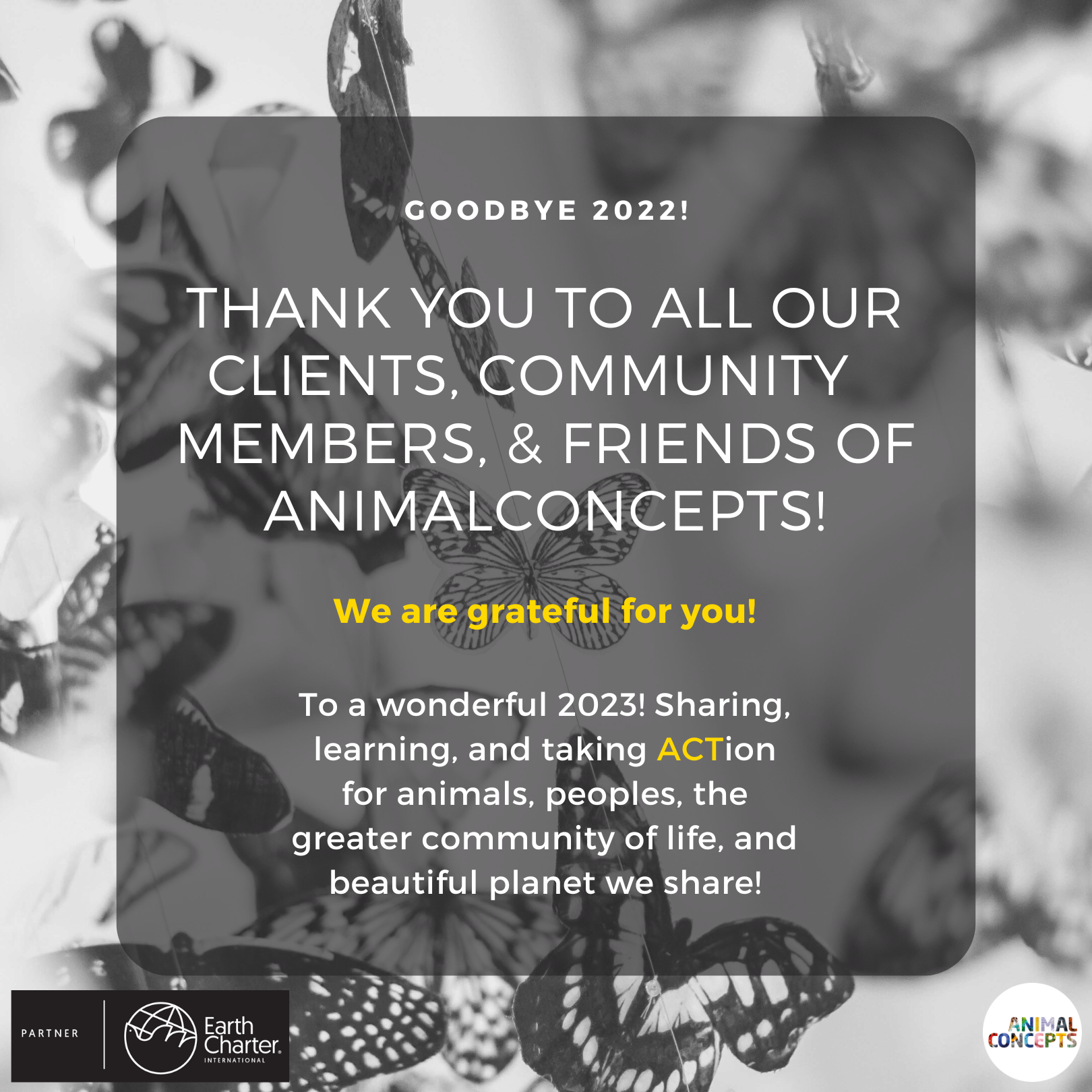
A GROWING COMMUNITY
2022 has again been a challenging year for the world, in many ways, and we are proud to have represented our values and purpose of being together, providing support for connecting people to nature, and acting as a pillar for change that enhanced the wellbeing of people, animals, and the planet. We are delighted and honoured to do this together with you, welcoming diverse individuals and organisations in the animal care and wellbeing, education, research, and conservation fields. We are thankful for being on this journey with you all. With 2023 on the horizon, we are looking forward, while reflecting on all we have accomplished this year and how we can continue to do our best for ourselves and the animals we care for, and how we can support organisations and individuals in their journey towards one care.
A GROWING TEAM
Global collaboration is one of our core values at AnimalConcepts. Our internal and external team is full of experienced, diverse, and caring indi...
Welcome Israeli Primate Sanctuary
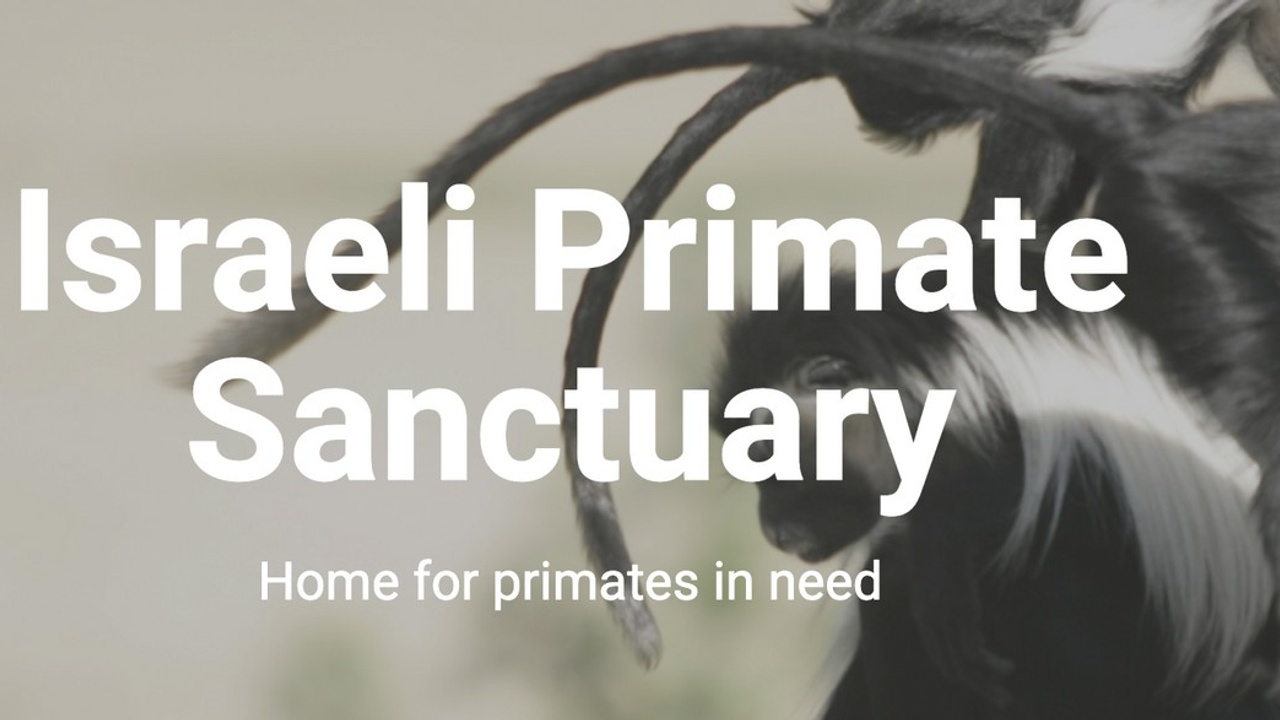
We are delighted to welcome the Israeli Primate Sanctuary Foundation as a community member to the three interconnected online platforms: Practical Animal Welfare Science (animal wellbeing), One Care (human wellbeing), and the Earth Charter & SDGs (planetary wellbeing).
The Israeli Primate Sanctuary Foundation (IPSF), is a non-profit home to 850 primates of 20 different species. It serves as a refuge for primates rescued and or retired from biomedical research and those seized from petting zoos and the exotic pet trade in Israel. The sanctuary provides primates with psychological rehabilitation through an enriched environment, physical rehabilitation, and excellent veterinary care. The foundation also has a leading role in generating standards and laws regarding primate welfare in Israel. It has implemented and carried out birth control projects in all petting zoos in Israel that house primates and has successfully and drastically reduced the illegal trade of primates in Israel.
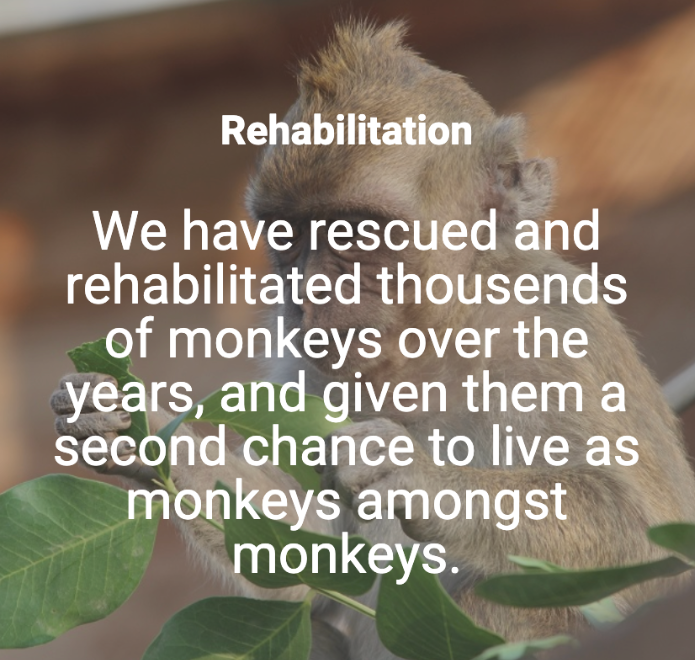
"Mo...
Free book! & Science into Practice #128 Applying the 3Rs to zoos and aquariums
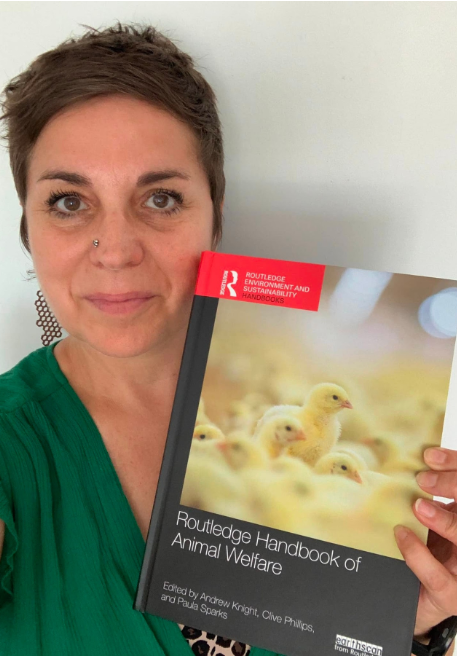
Routledge Handbook of Animal Welfare
UPDATE - EBOOK IS NOW FREE! Sabrina Brando is delighted to have 2 chapters featured in this brand new textbook alongside 49 other authors, friends and colleagues in the field of animal welfare 📖 1 on fishes 🐟🐠 and 1 on marine mammals 🐬🦭🦦 Thank you Dr Andrew Knight & co-editors for the invitation and all the work editing this significant volume.
For more information and order your hardcopy and or download the FREE EBOOK click HERE

Another Science into Practice is available on the PAWS platform!
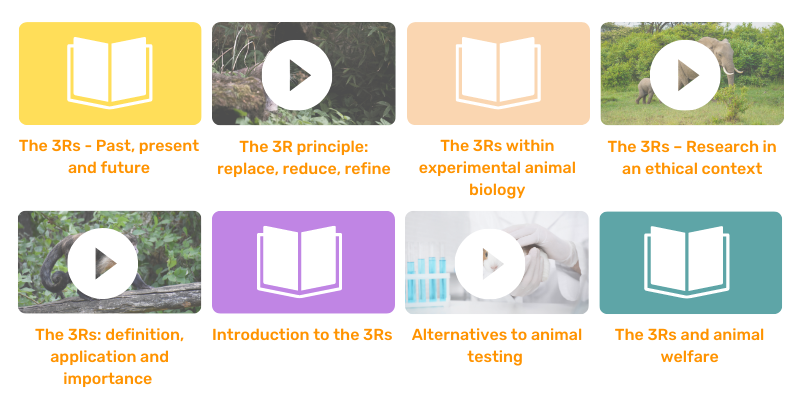
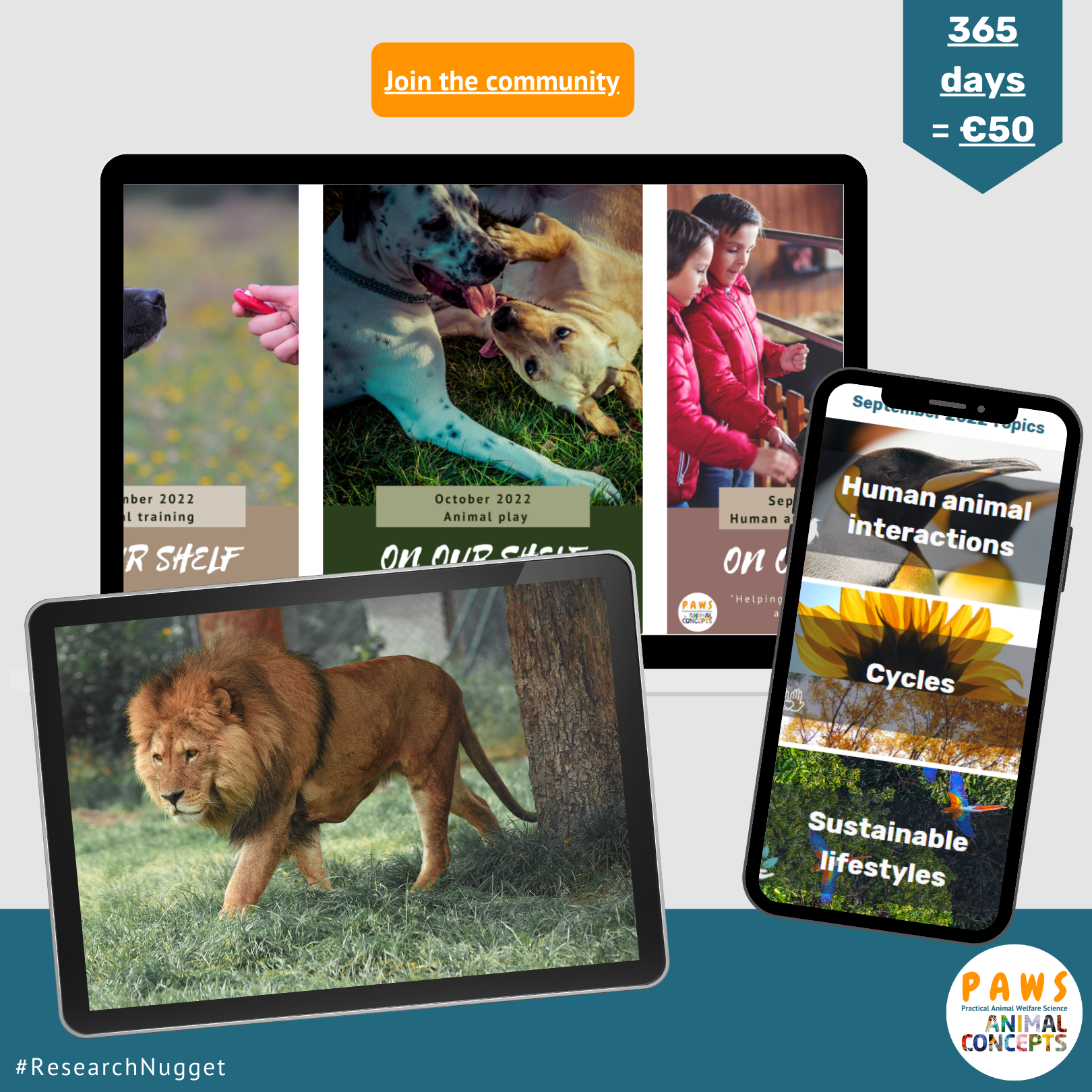 Want to learn more? Sign Up HERE
Want to learn more? Sign Up HERE
Welcome Eckerd college animal behaviour class

Eckerd College: Liberal Arts College in Florida
We are delighted to welcome the animal behaviour class students and faculty at Eckerd College as community members to the three interconnected online platforms: Practical Animal Welfare Science (animal wellbeing), One Care (human wellbeing), and the Earth Charter & SDGs (planetary wellbeing).
Students examine human-animal relationships and learn quantitative, critical thinking, communication and research skills. Animal Studies is a truly interdisciplinary major at Eckerd, drawing from the natural sciences, the social sciences, and the humanities to trace the history and consequences of human relationships to animals.
Founded as Florida Presbyterian College in 1960, becoming Eckerd College in 1972, with a continued focus on creative, innovative curricula in the liberal arts tradition. The waterfront campus sits on the southern tip of a peninsula surrounded by the Gulf of Mexico and Tampa Bay, a region that was inhabited by the Tocobag...
Podcast ATA - Science into Practice #127 Animal perspectives - New fish welfare report
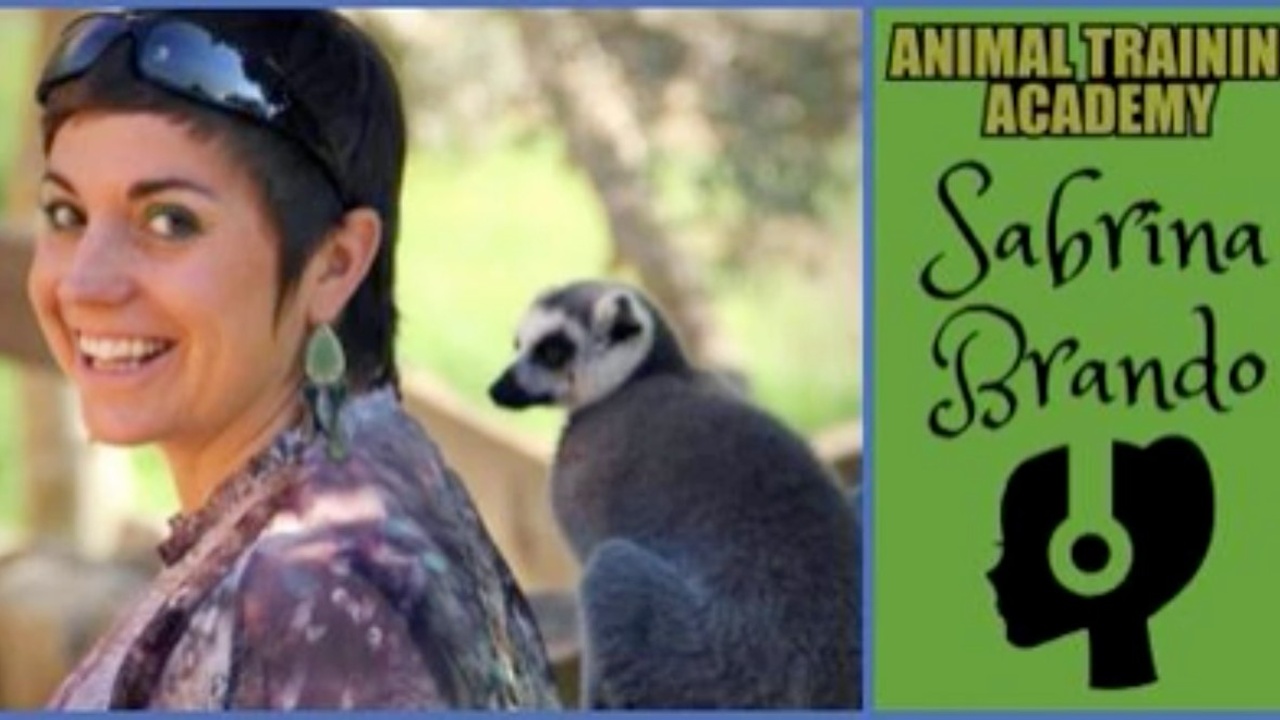
Check out the podcast recording with Ryan Cartlidge from the Animal Training Academy with Sabrina Brando recorded back in 2019. You can listen to it with your favourite player, and stay tuned for a new podcast they will record together in 2023! You can also access it HERE
Another Science into Practice is available on the PAWS platform!
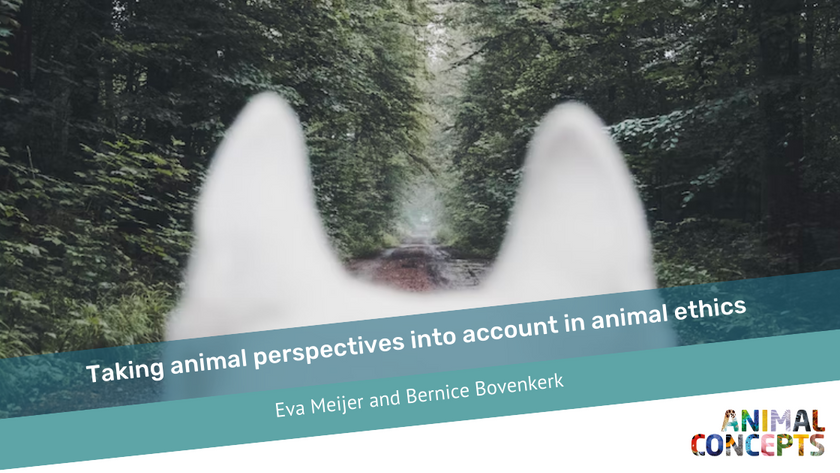
The article discusses the intricacies of human-animal interaction as a constant development of animal ethics. Instead of exclusively considering animals as creatures to think about, the authors highlight the importance of acknowledging their perspectives on life and communicating with them accordingly. The authors also state that it is key to communicate with different animal species in a way that they understand, this allows reciprocity as opposed to merely a one-way human-based interaction. Finally, they describe the concept of animal ‘agency’, as the manifestation of animals' capacity of choice, which has traditionally been overlooked.
Links to s...
Getting better all the time - Science into Practice #126 Domestic dogs grief
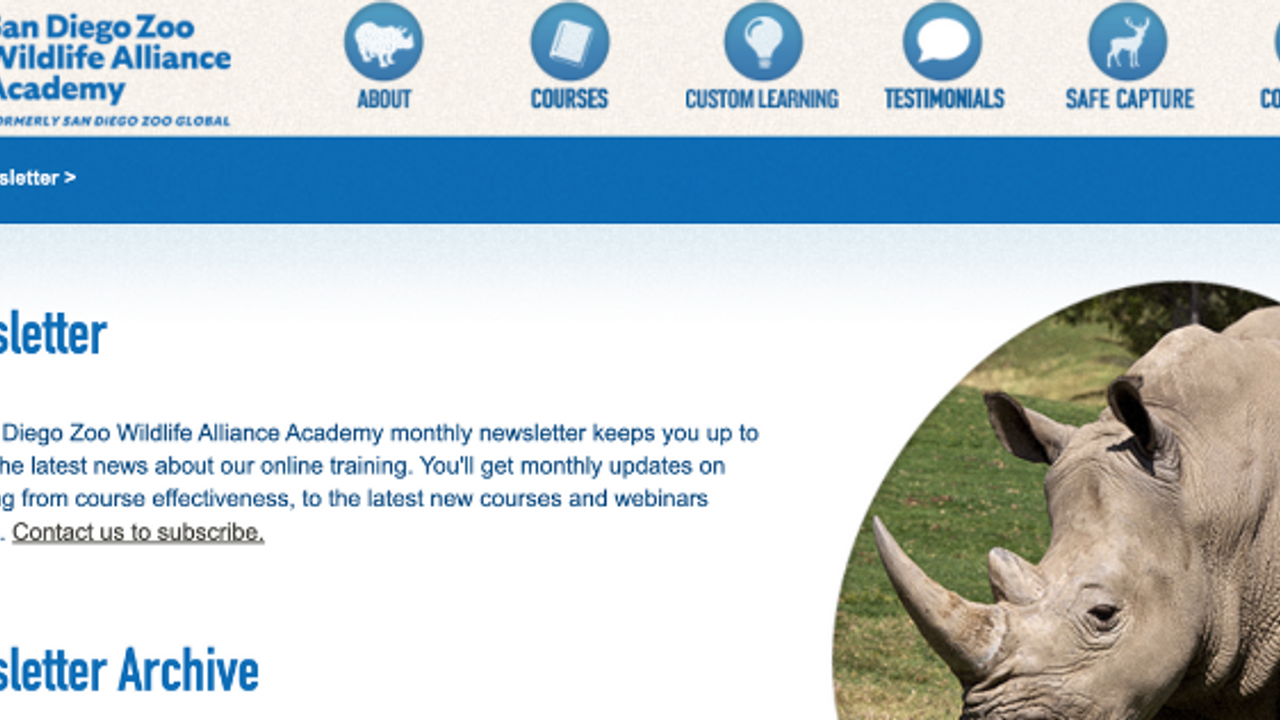
Getting Better All the Time: Making All the Difference in the World Starts with One Thought or Idea, One Action, and One Animal
This essay by James F. Gesualdi and Sabrina Brando originally appeared in the San Diego Zoo Global Academy Newsletter and was published on the WAZA website
To keep ahead, each one of us, no matter what our task, must search for new and better methods for even that which we now do well must be done better tomorrow. – James F. Bell
In devoting our lives to working on continuously improving animal welfare—and endeavouring to do so across the caring zoological profession (in zoos and aquariums) and throughout the world—we remain mindful of the starting place for such positive change. It always starts with one person, one thought or idea, one action, or one conversation, to make a change for one or more animals at a time. It may seem small, and the process may seem frustratingly slow to some, but it works and can be highly effective at producing change that is g...
Sneak Peak 2023 & Science into Practice #125 Wild animals in entertainment
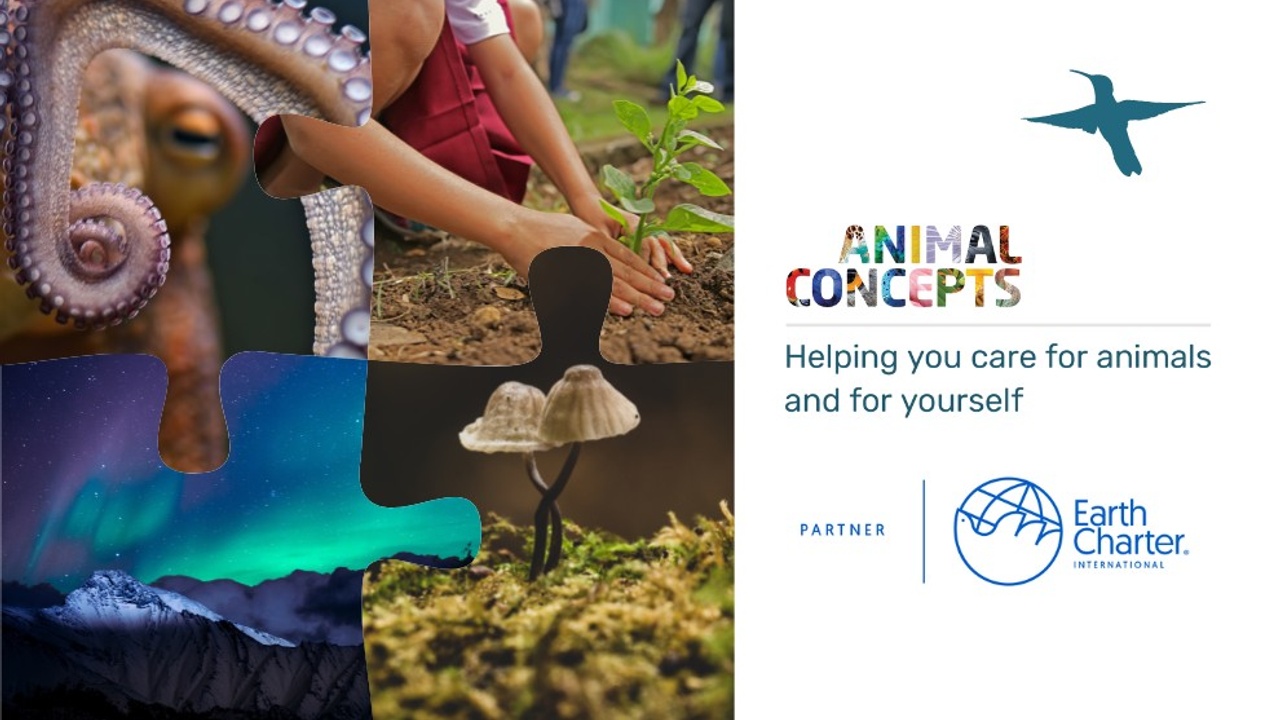
Sneak peek planning 2023
You gave us feedback on topics and resources, download the 2023 planning for the overview of the monthly TOPICS HERE or click on the picture below. The overarching theme of the year is TRANSFORMATIONAL LEADERSHIP. You are ready, let's go!
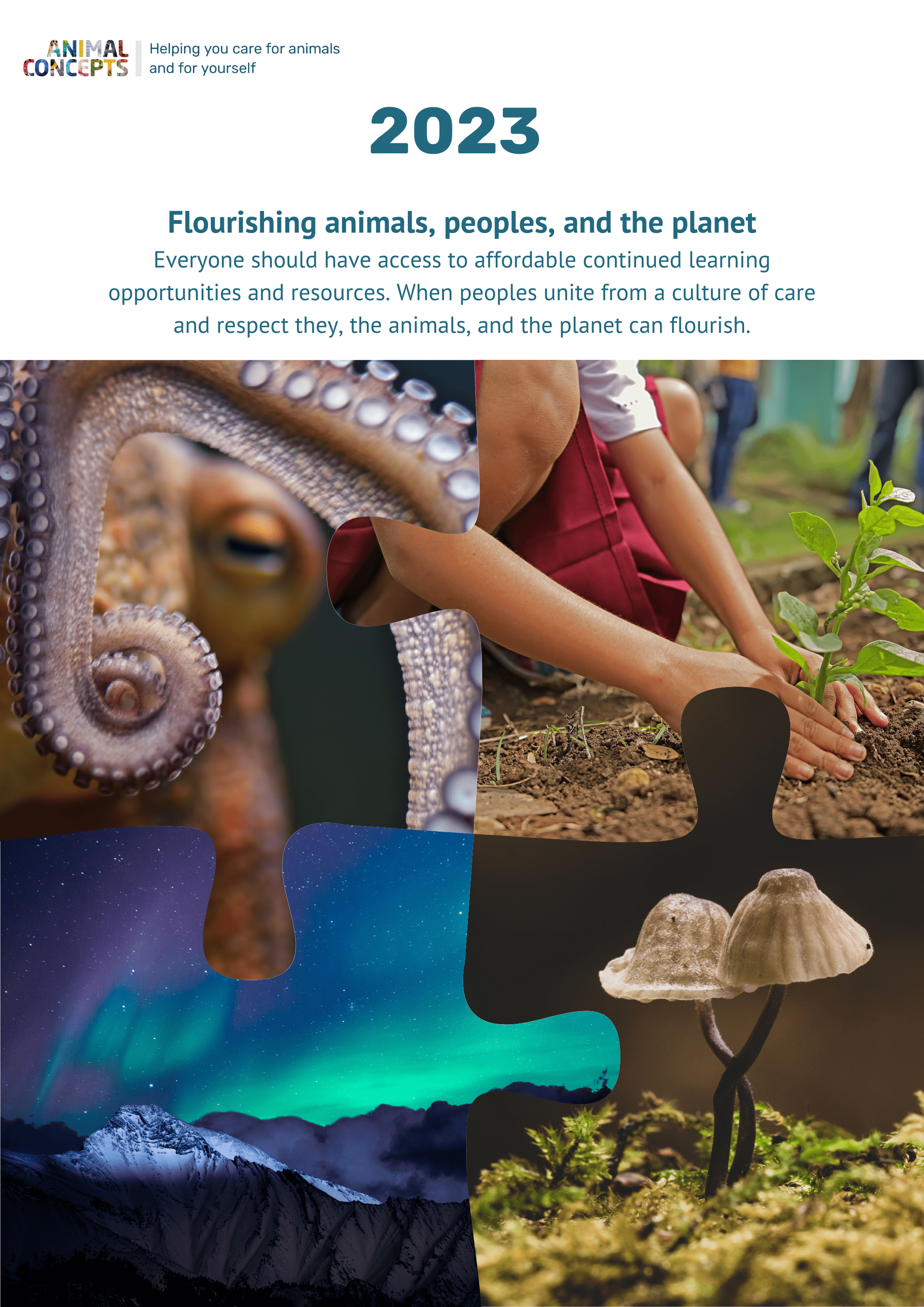
Catch Me a Colobus ZSL ABMA Behavior Month 2022
You can watch all kinds of presentations on the Animal Behavior Management Alliance YouTube Channel, check them out, if you feel inspired you can start with the one below or choose another from the channel's videos!
Catch me a Colobus! Habituation and training for a new development by Jim Mackie Animal Behaviour Management Officer and Jacob Winfield Senior Primate Keeper. This presentation tells the story so far…
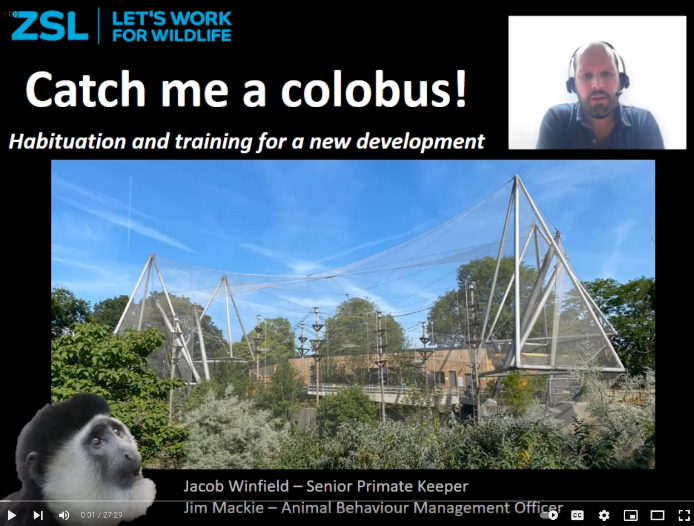
Another Science into Practice is available on the PAWS platform!

Links to some practical examples
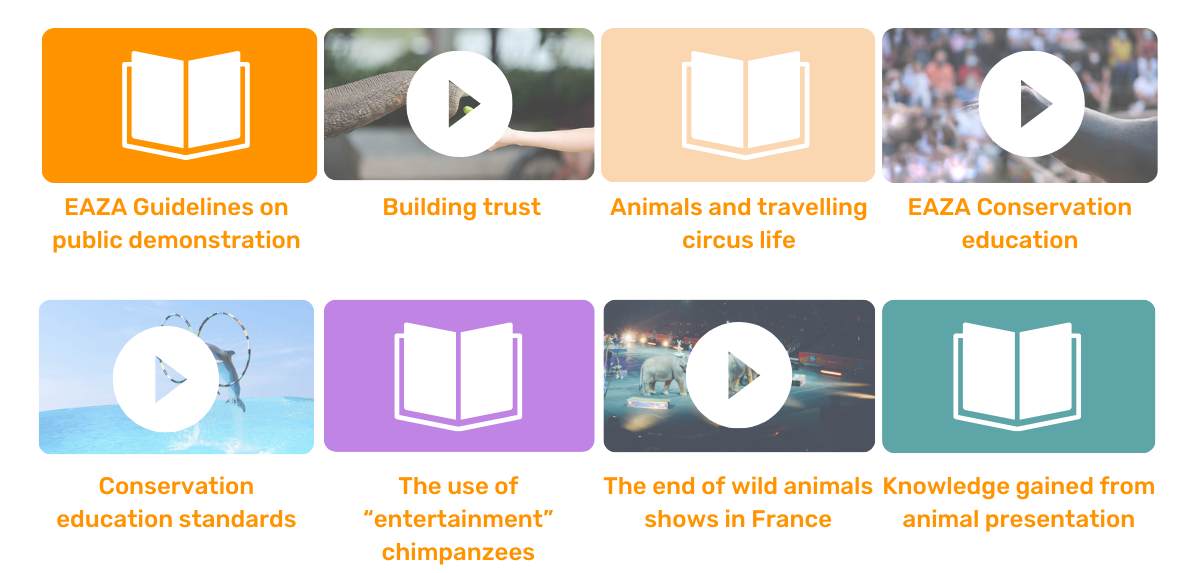
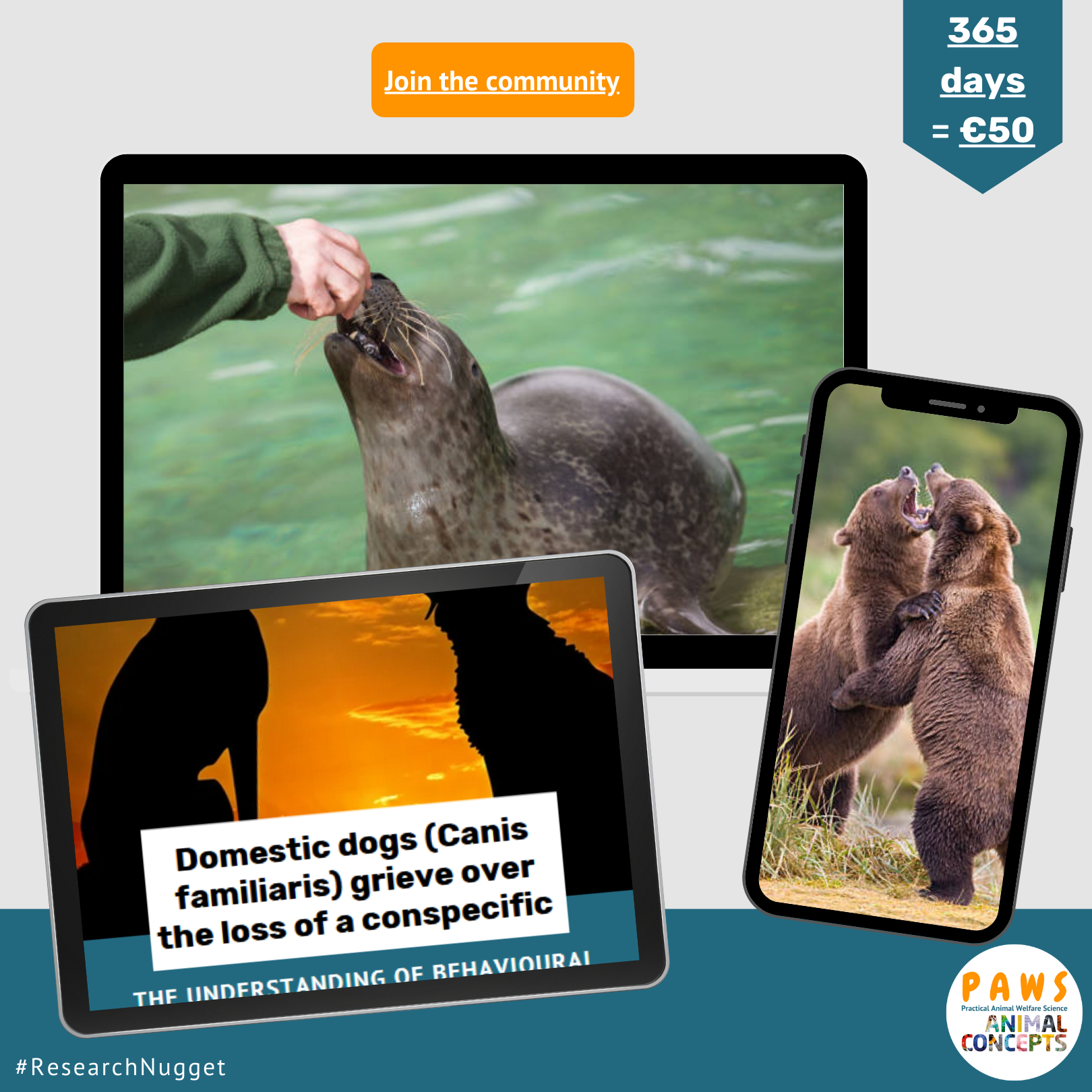 Want to learn more? Sign up HERE
Want to learn more? Sign up HERE

